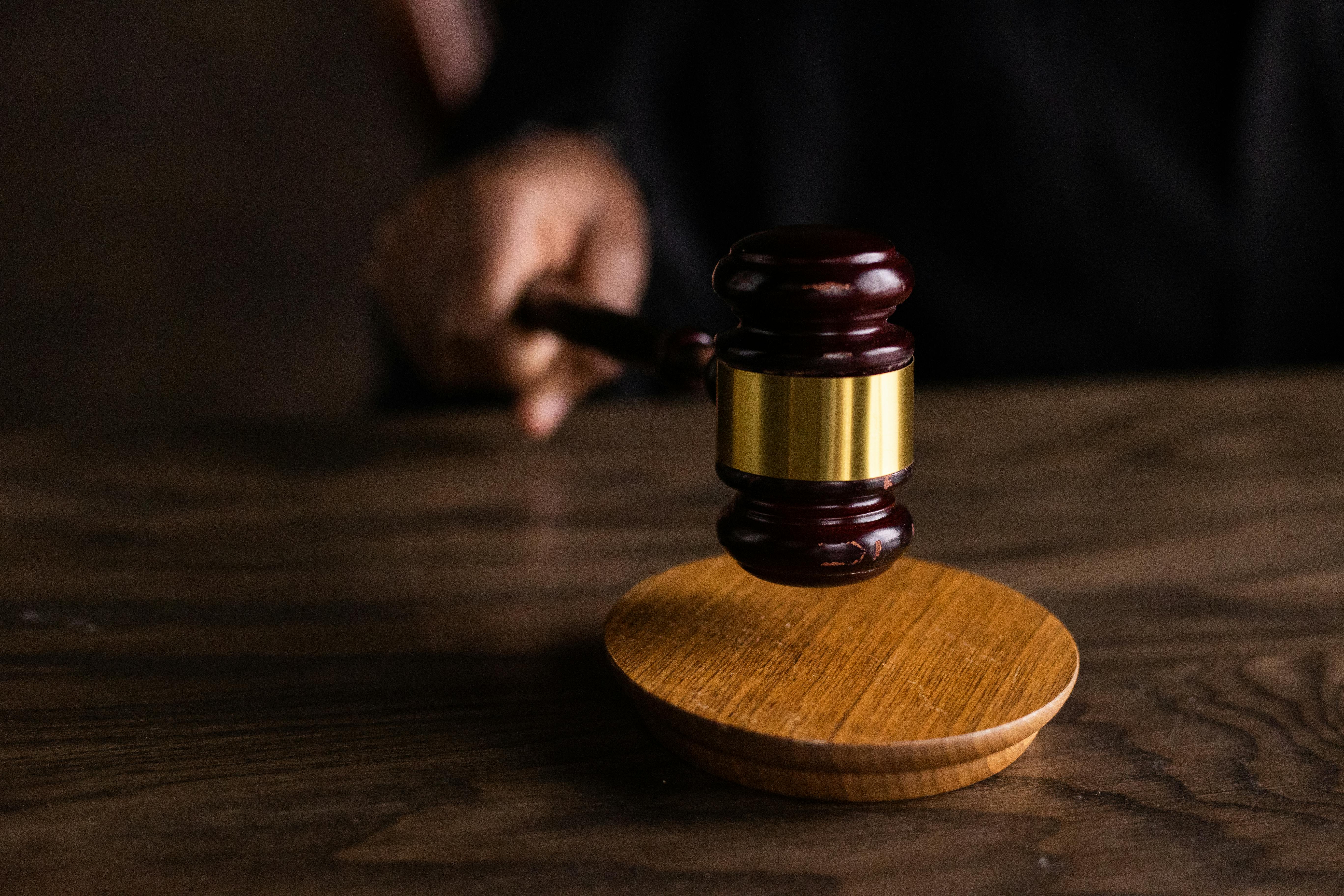CAT Rules AGM Recordings Are Official Condo Records… Again!

In a significant ruling, the Condominium Authority Tribunal (CAT) has clarified the status of video recordings of Annual General Meetings (AGMs) as official records of condominium corporations in the case of Bogue v. Carleton Condominium Corporation No. 288, 2024 ONCAT 15 ("Bogue").
This decision builds on the precedent set in Kent v. Carleton Condominium Corporation No. 268, 2022 ONCAT 128 ("Kent"), where the Tribunal determined that recordings of virtual meetings made using platforms like Zoom are records of the corporation and subject to owners' rights to access.
The Tribunal in Bogue further emphasized that even if the recordings are made and held by a third party, such as a law firm or minute taker, they are still considered records of the corporation if they were created at the direction and for the benefit of the corporation.
Background

Margaret Ann Bogue, a unit owner in Carleton Condominium Corporation No. 288 (CCC 288), requested audio and video recordings of the 2022 Annual General Meeting (AGM), held on July 22, 2022. The AGM was hosted by a prominent Ottawa-based law firm retained by CCC 288. The law firm also appointed a staff member to act as minute taker and used a Zoom-based platform to virtually host the meeting
When Bogue submitted her request for the AGM recordings, CCC 288 responded by stating that it did not possess any such recordings, claiming that the recordings were solely in the hands of the minute-taker from the law firm and that neither the corporation nor its legal counsel had copies.
Bogue challenged this response, arguing that the recordings should be considered records of the corporation and thus accessible to unit owners under the Condominium Act.
Tribunal Decision

The CAT reasoned that since the law firm recorded and managed the AGM presumably on behalf of CCC 288 and at CCC 288's direction (acting as their agent), the recording is considered an official record of CCC 288. The condominium corporation cannot deny possession or responsibility for the recording simply because it is physically held by their law firm, especially when they specifically engaged and paid the law firm to perform this task.
The CAT emphasized the need for condominium corporations to adapt to the new reality of virtual meetings by treating recordings of meetings as important records. These recordings should be preserved diligently and made accessible to unit owners, following the same rules and exceptions as other official records. This approach leverages technology to improve transparency and benefits all members of the condominium community.
Conclusion
The decision in Bogue serves as a reminder that condominium corporations must diligently protect and maintain video recordings of their AGMs, should a recording be taken, and ensure they are readily available to owners in accordance with the requirements of the Act and its regulations.
It is of the opinion of Condonexus that if a condominium corporation does not want to retain AGM recordings or provide them to owners upon request, neither it nor its agents should be making a recording in the first place.


